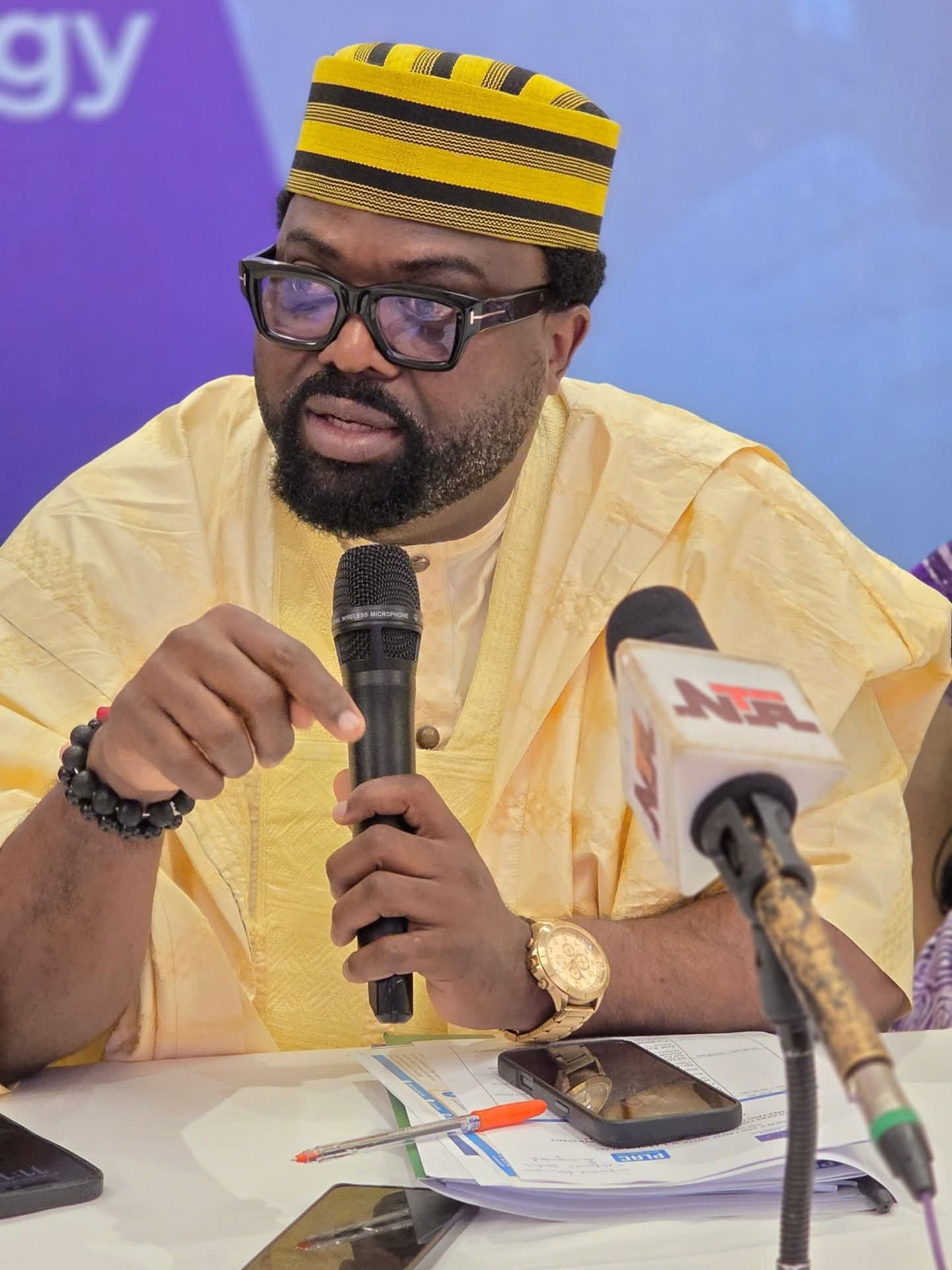The Chairman of the House of Representatives Committee on Media and Public Affairs, Hon. Akin Rotimi, has stressed the critical role of active mentorship and handholding in ensuring that agendas like the Special Seats Bill are mainstreamed and kept on course, acknowledging the personal impact of his own mentor.
Hon. Rotimi urged advocates to hold political parties and leaders responsible to also ensure that many more women win regular seats, celebrating the recent re-election of two women in bye-elections in the House as a result of effort by political leaders.
The lawmaker who was speaking at the Stakeholders Consultation and Communication Strategy Meeting on the passage of the Special Seats Bill convened by the Policy and Legal Advocacy Centre (PLAC) with support from the European Union (EU) in Abuja, stressed the importance of dialogue that unites civil society and the media in advancing inclusive representation.
He provided context on the legislative process, cautioning that the agenda is often misguidedly framed as a national referendum. He clarified that this is a legislative process that depends on persuasion, evidence, and sustained engagement of the 469 representatives who cast the votes.
Hon. Rotimi called for precision in language, advocating for the use of the term “Special Seats” over “additional seats” or “reserved seats,” as each has different implications and confusion exists among colleagues. He stressed that advocates and the media must be properly guided, noting that some lawmakers still hold the misconception that the seats would be taken out of their existing constituencies.
The Chairman demanded that advocacy include systemic issues tracking and intelligent responses to genuine questions, particularly concerns about the cost of governance. He countered the argument by stating that Nigeria’s ratio of federal lawmakers per Nigerian places it nearly closes to the global average in terms of representation ratios, with approximately 1 federal legislator to 488,000 Nigerians.
Hon. Rotimi called on the media to amplify advocacy while raising its responsibility, insisting the push must be fact-based and respectful, consciously avoiding a polarization or “us-against-them” narrative which he called “very dangerous.” He pointed out that 75% of the current lawmakers are new and not part of those that set up the bill in the last session, urging advocates to “see us as part of the grassroots rather than antagonists.”
He stressed the need for advocacy to be strategic, recognizing that lawmakers need to be engaged through networks of influence, citing examples of gender-friendly state blocs that can deliver votes.
The lawmaker urged the media to close the gap of understanding by spotlighting African examples like Rwanda, Tanzania, Kenya, and Uganda, to show that women’s representation does not undermine barriers for democracy or men’s participation.
Hon. Rotimi further cautioned against oversizing the foreign sponsorship narrative, urging that the messaging should highlight that the push for gender inclusion is a “truly Nigerian situation for fairness” rooted in the country’s constitution and history, not a foreign agenda.
On his part, Clement Nwankwo, Executive Director of PLAC, expressed confidence in the passage of the bill, stating, “It will pass. That’s because of all of the work that’s under consideration.” He emphasized the need for persuasive and measured advocacy, noting that while the House seemed to pose more of a bias in a previous attempt, the current work on the legislation is transformative.
Also speaking, Hajia Aishatu Ibrahim, National President of the National Association of Women Journalists (NAWOJ), called for a communication strategy that is bold, unifying, and visionary, one that captures the strength and substance of the special seats system. She stressed that the initiative represents a national commitment to inclusive and participatory democracy and that failure this time “will not just be a holistic community; it will be a backbone for our progress.”
John Angese, a representative of the Nigerian Union of Journalists (NUJ), affirmed the NUJ’s full support and partnership in the “very noble deal.” He stated that the role of the NUJ is to guide their members in the House to support the bill, quoting Eleanor Roosevelt that no country will reach its potential if it deprives itself of the contribution of half its citizens.

